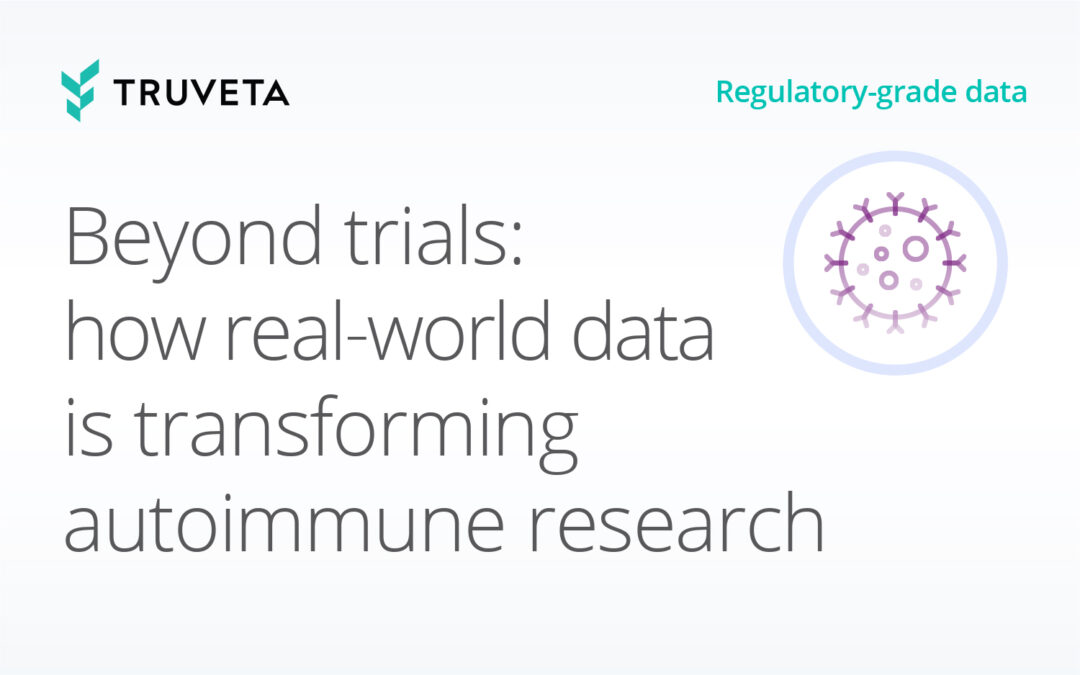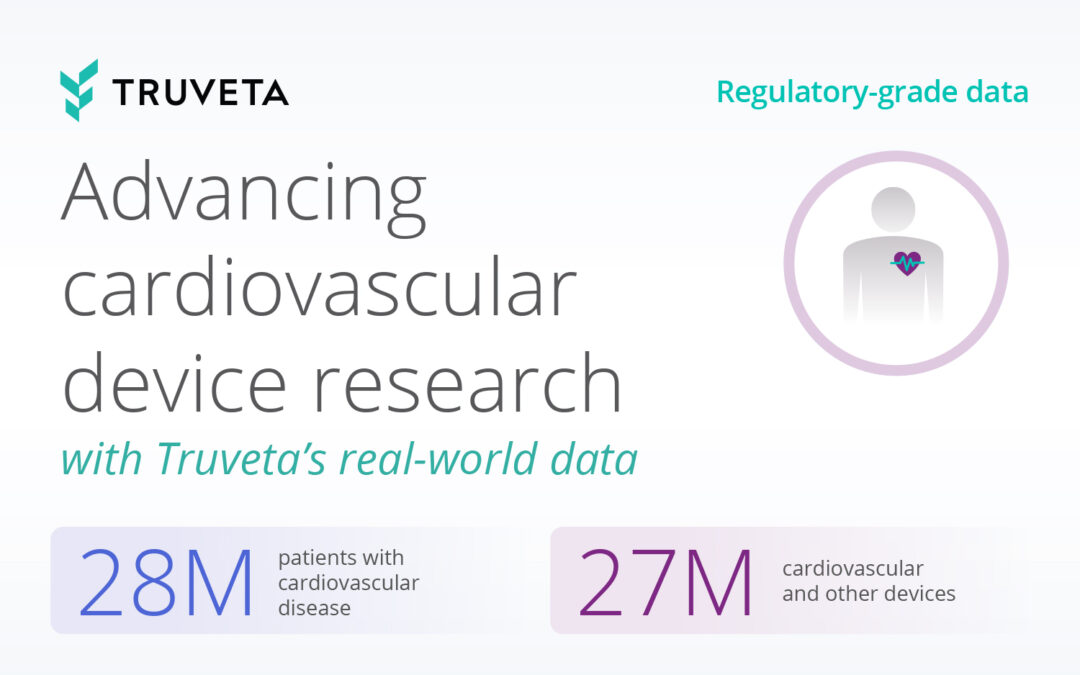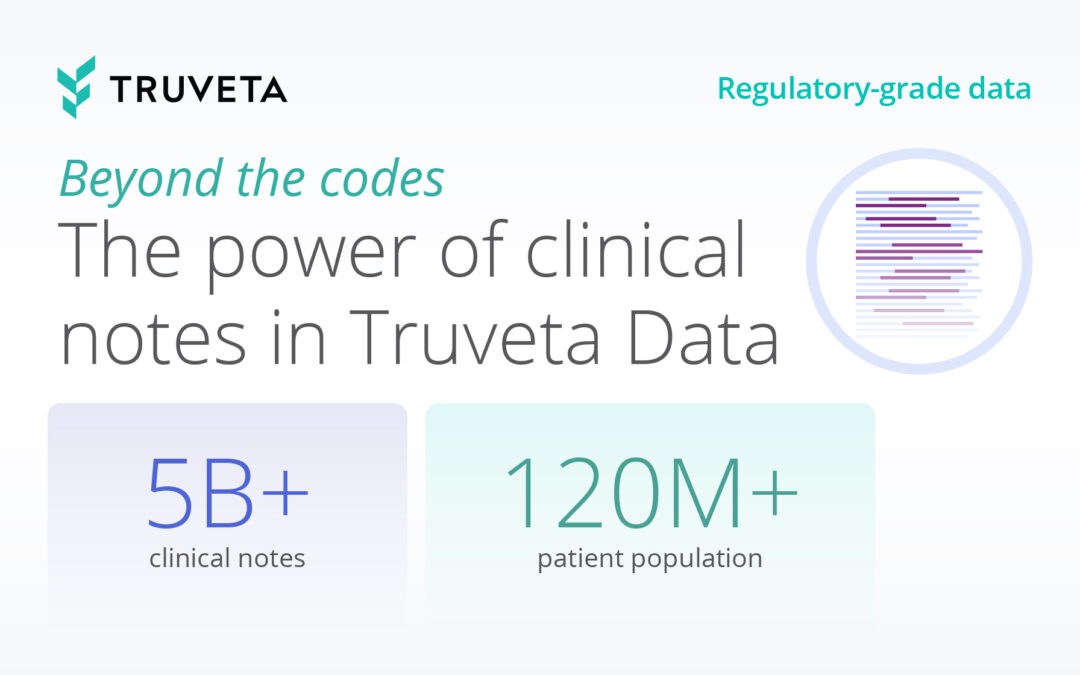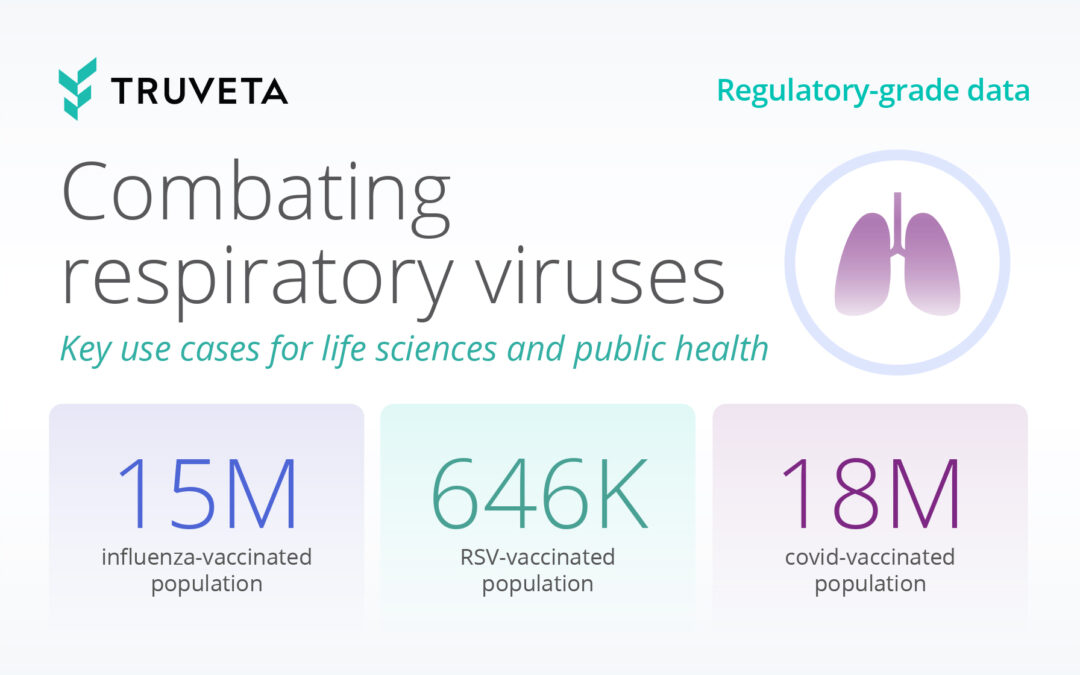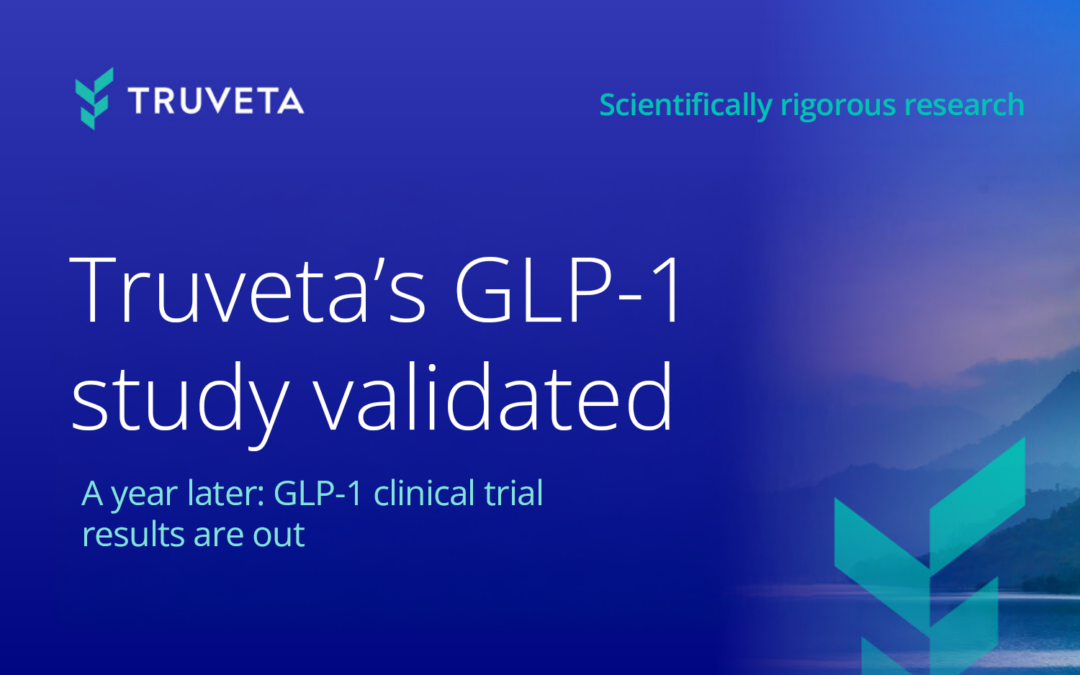The start of a new year can be a time for fresh beginnings and new resolutions. Yet for many, it also brings a renewed struggle with anxiety and depression. The cold, dark days of winter, combined with post-holiday stress and lingering financial pressures, can make mental health challenges feel even more overwhelming. These struggles are not uncommon – roughly 1 in 4 US adults suffers from a diagnosable mental disorder in a given year, with anxiety disorders (18% of adults) and depression (9.5% of adults) being the most common.
The complexity of anxiety and depression
Anxiety and depression are often intertwined, presenting challenges for treatment and research. Both conditions share significant comorbidities including substance use disorders, cardiovascular disease, and sleep disturbances, adding to their complexity. They also frequently co-occur and are underdiagnosed, misdiagnosed, or under-treated, highlighting the need for better data and tools to guide care.
The role of real-world data in mental health research
With Truveta, researchers gain access to the most complete, timely, and clean EHR data for more than 120 million patients. Both regulatory-grade and nationally representative, Truveta Data includes full patient medical records, notes, and images, and is linked with claims, SDOH, and mortality data for a complete view of the patient journey. For mental health researchers, this means access to everything from treatment histories to emergency encounter details, symptom severity, clinical assessments, comorbid conditions, housing stability, and more.
Read on to explore the clinical depth of Truveta Data and see how researchers are already leveraging Truveta’s real-world data to better understand trends in mental health.
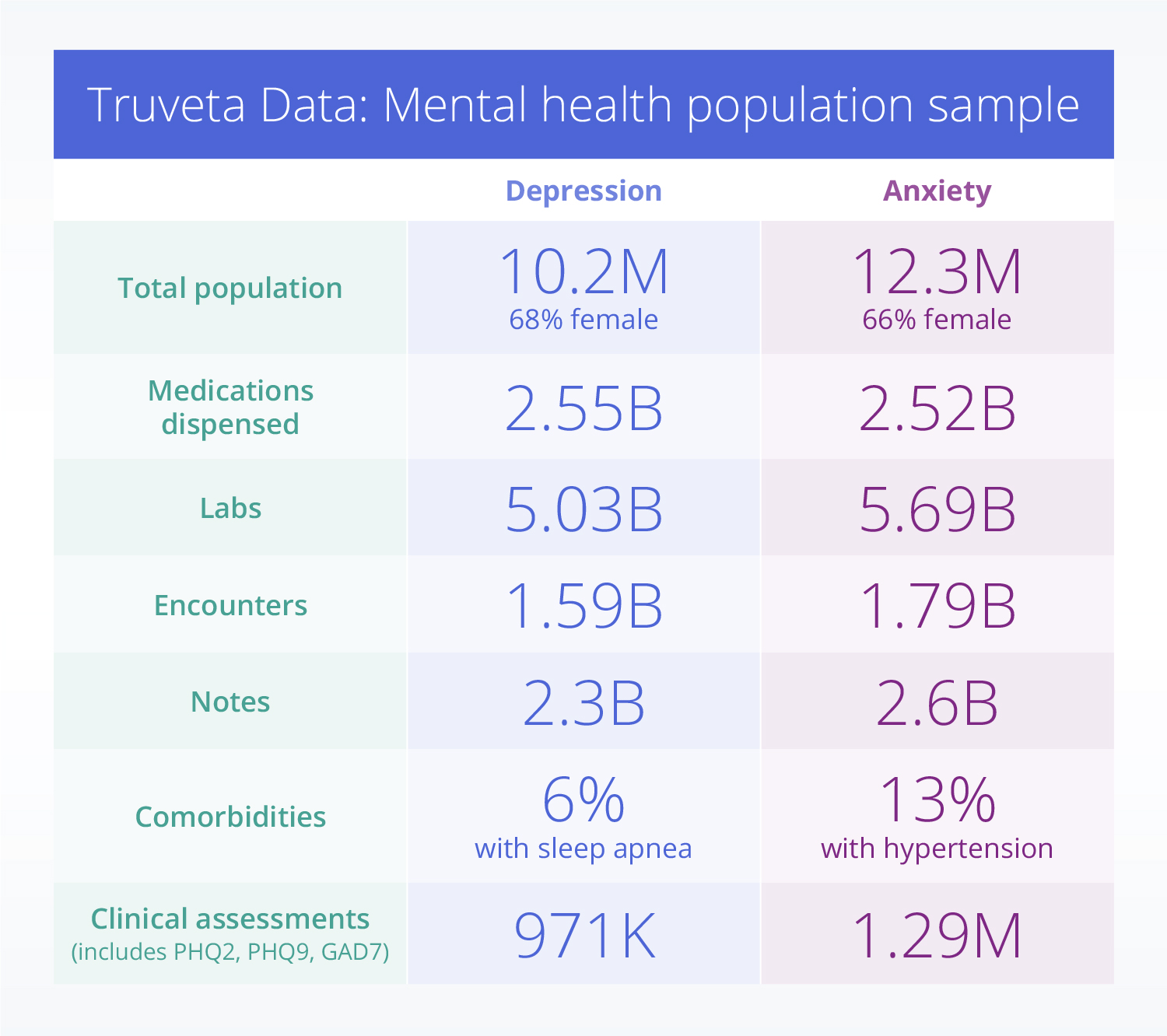
How real-world data illuminate mental health
Traditional clinical trials provide valuable insights into specific treatments, but often fall short in capturing how mental health conditions like anxiety and depression manifest in real-world settings. Truveta Data bridges this gap, offering a complete view of patient experiences, treatment effectiveness, and healthcare disparities.
Longitudinal, patient-level data
With Truveta Data, researchers can explore daily updated data from a representative population of over 12 million patients with generalized anxiety disorder (GAD) and 10 million patients with major depression. Flowing daily directly Truveta member health systems across the country, these data include lab values, medication dosages, clinical outcomes, and 5+ years of patient history as part of a complete medical record.
The ability to track mental health conditions over time is essential to understanding their progression and response to treatment. RWD allows researchers to analyze:
- Changes in anxiety and depression severity using clinical scales (e.g., GAD-7 for anxiety, PHQ-9 for depression)
- The long-term effectiveness of pharmacological treatments like SSRIs, SNRIs, or newer drugs like esketamine
- Patterns of relapse, remission, and treatment-resistant cases
Novel insights from clinical notes
Anxiety and depression manifest uniquely across patients, with diverse symptoms and triggers. Insights from unstructured clinical notes, which capture patient-reported symptoms and clinician observations, are often missed in structured datasets.
Truveta Data includes the largest collection of clinical notes (including 2.3 billion notes for patients with depression and 2.6 billion notes for patients with anxiety) integrated with the electronic health record. With the Truveta Language Model, Truveta’s award-winning AI technology, billions of datapoints are ingested and cleaned daily for research. These data allow researchers to explore complex areas such as medication use, including adherence, side effects, and efficacy, or interactions between mental health treatments and comorbidities like diabetes, hypertension, sleep apnea. With their ability to capture the intricacies of the patient experience, clinical notes represent the future of medical research.
Understanding health disparities
Mental health treatment, access, and outcomes vary significantly across diverse populations. Truveta Data is linked with social drivers of health (SDOH), including attributes on education, housing, transportation, and social risk. By integrating SDOH with clinical data, researchers can uncover:
- Geographic and socioeconomic disparities in treatment access
- Variations in treatment outcomes across demographic groups, guiding policies to promote equity
Truveta Research case study: Understanding mental health prescription trends
Mental health prescribing patterns provide valuable insights into how society is addressing anxiety, depression, and related conditions. Truveta Research has previously examined first-time anxiety diagnoses and prescriptions, as well as mental health-related emergency department visits. Building on this work, their most recent analysis reviewed prescriptions from January 2018 to September 2024 to uncover trends in prescribing rates across five key drug categories: anti-depressants, anxiolytics, anti-psychotics, mood stabilizers, and others.
Key Findings:
- Peak prescriptions during the pandemic: Prescription rates for anti-depressants, mood stabilizers, and anti-psychotics reached their highest levels between 2020 and 2022, likely reflecting the surge in mental health challenges during the COVID-19 pandemic. However, these rates have since stabilized or slightly declined, indicating a return to pre-pandemic levels of prescribing.
- Decreasing use of anxiolytics: The rate of anxiolytic prescriptions (including benzodiazepines) has steadily decreased, from 2.7% of all prescriptions in 2018 to 2.2% in 2024.
- Anti-depressant trends: Anti-depressants remain the most commonly prescribed class for mental health conditions, with selective serotonin reuptake inhibitors (SSRIs) accounting for nearly half of all prescriptions in this category.

Transforming mental health research with Truveta
Truveta Data provides longitudinal, nationally representative EHR data that enables researchers to uncover patterns like those discussed above and identify shifts in how mental health conditions are treated.
The unique ability to aggregate complete, timely, and clean EHR data from across the country positions Truveta Data as a vital tool in advancing mental health research. By combining structured data (e.g., medication use, lab results) with unstructured data (e.g., clinical notes), Truveta enables researchers to support therapy development and access, and improve patient outcomes.

